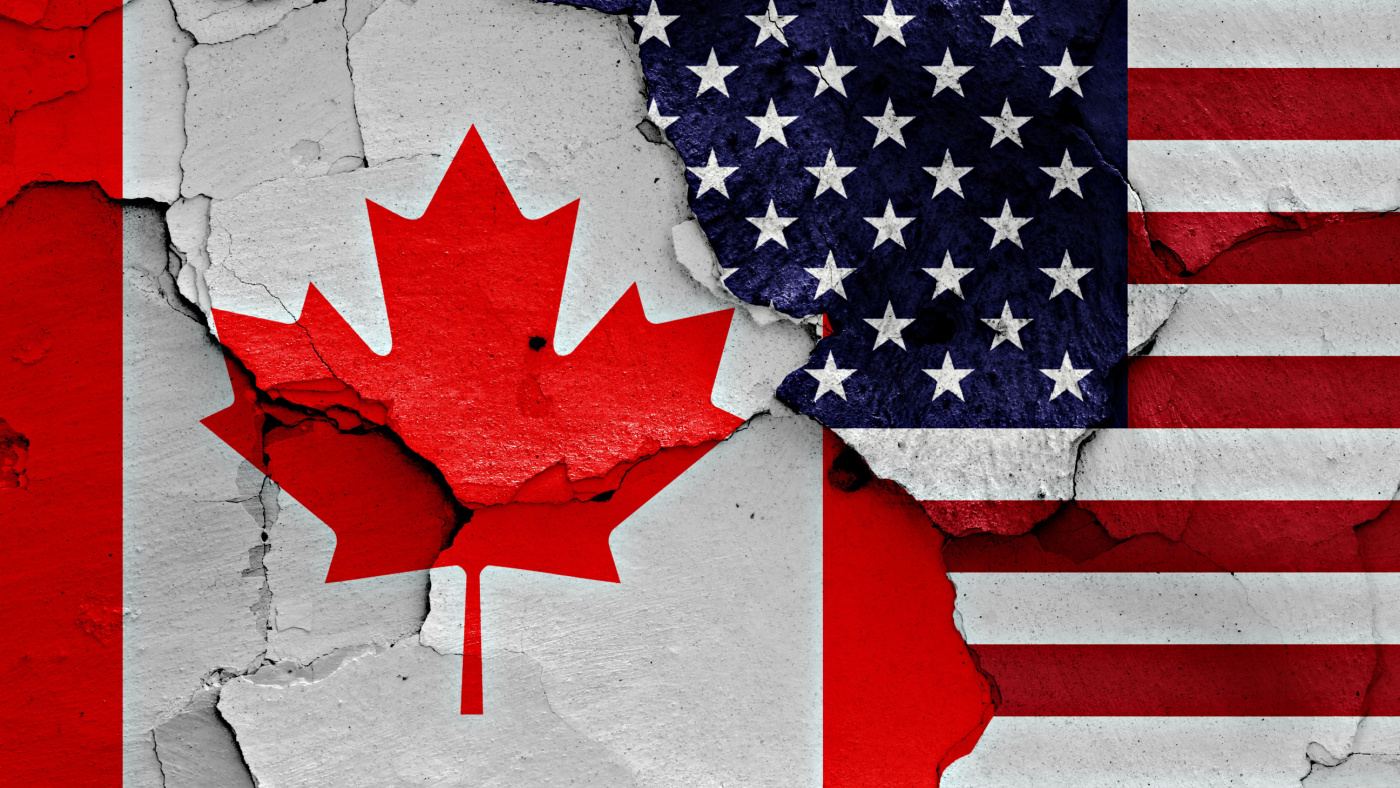Along with a looming American presidential election, Canadians are also watching the possibility of an abrupt change in their political leadership. Justin Trudeau, Canada’s Prime Minister for almost ten years, is now coming under intense pressure to step aside from his own Liberal Party.
Canada is scheduled to hold its federal election next year. Sensing Trudeau’s sinking popularity, the federal Conservative Party is attempting to force an election sooner. The Conservatives, led by Pierre Poilievre, are pushing a Parliamentary non-confidence vote through its ‘Axe The Tax’ slogan, referring to the Liberal’s carbon tax implemented on high-carbon-emitting industries.
For the past year, Conservative party leader Pierre Poilievre has been spearheading a very aggressive campaign against Trudeau in Parliament and on a cross-country tour.
“After eight years of Justin Trudeau, everything costs more. That corresponds with the Carbon Tax. Higher taxes on the farmers who make the food means higher taxes on all who buy the food. Life wasn’t like this before Trudeau, and it won’t be like this after he’s gone.”
Poilievre has gained more traction with that message recently in a proposed Border Carbon Adjustment Tax intended to level the playing field for Canada’s high-carbon-emitting domestic industries.
However, the director of the Canadian Agri-Food Policy Institute, Tyler McCann, says that applying tariffs on imported farm inputs would only mean additional costs for Canada’s domestic agriculture. McCann cited current tariffs on Russian fertilizer into Canada, in place since Russia invaded Ukraine. And that government rebate should be put in place for Canadian farmers for the existing domestic tax program.
“The Border Carbon Adjustment is going to be focused on those emissions-intense sectors like cement and steel manufacturing. Agriculture is too complicated for anybody to figure out, ‘How do you do this in a meaningful way?’ It’s more expensive because we have a domestic price on carbon. Because we’re already paying, there should also be a rebate on the domestic price. And that should probably get more attention than the Border Carbon Adjustment.”
McCann says a Border Carbon Adjustments Tax will only complicate agricultural trade, trading partners such as the European Union, where farmers are not subject to their emissions-trading system, or the US, which has not imposed a price on carbon.
“I think it just speaks to the complexity of this. A situation like the United States where they’re not going to have a price on carbon. If you look around the world at the changes that we’ve had this year, a European set of elections, we’ve got a new Commission backing off on some of their environmental policies. European farmers are not subject to their emissions-trading system. It just doesn’t seem likely that we’re going to have domestic pricing on carbon around the world that needs to be leveled out through a Border Carbon Adjustment.”


